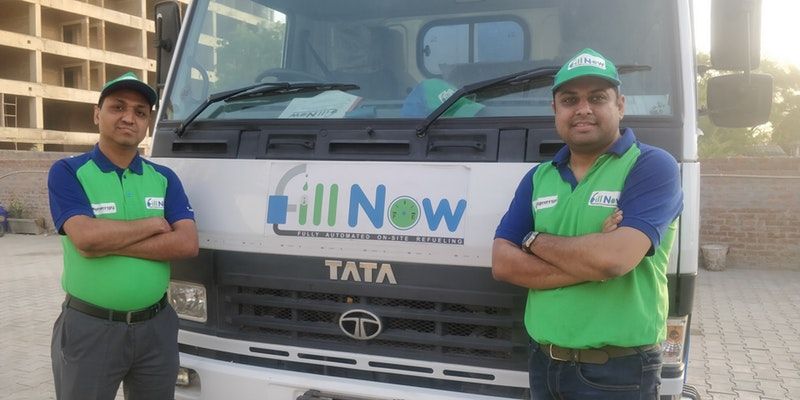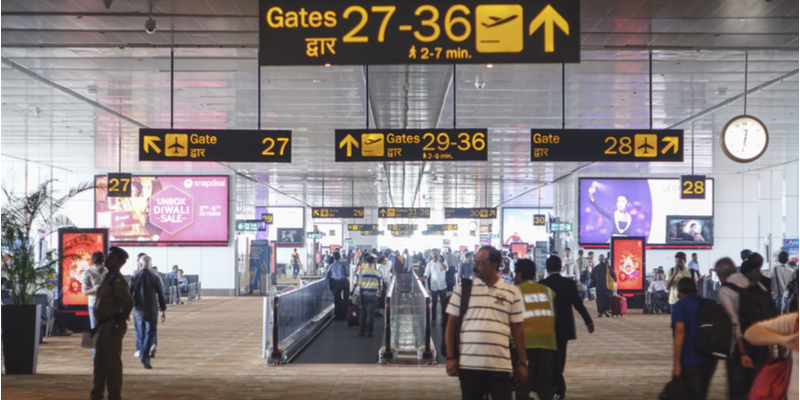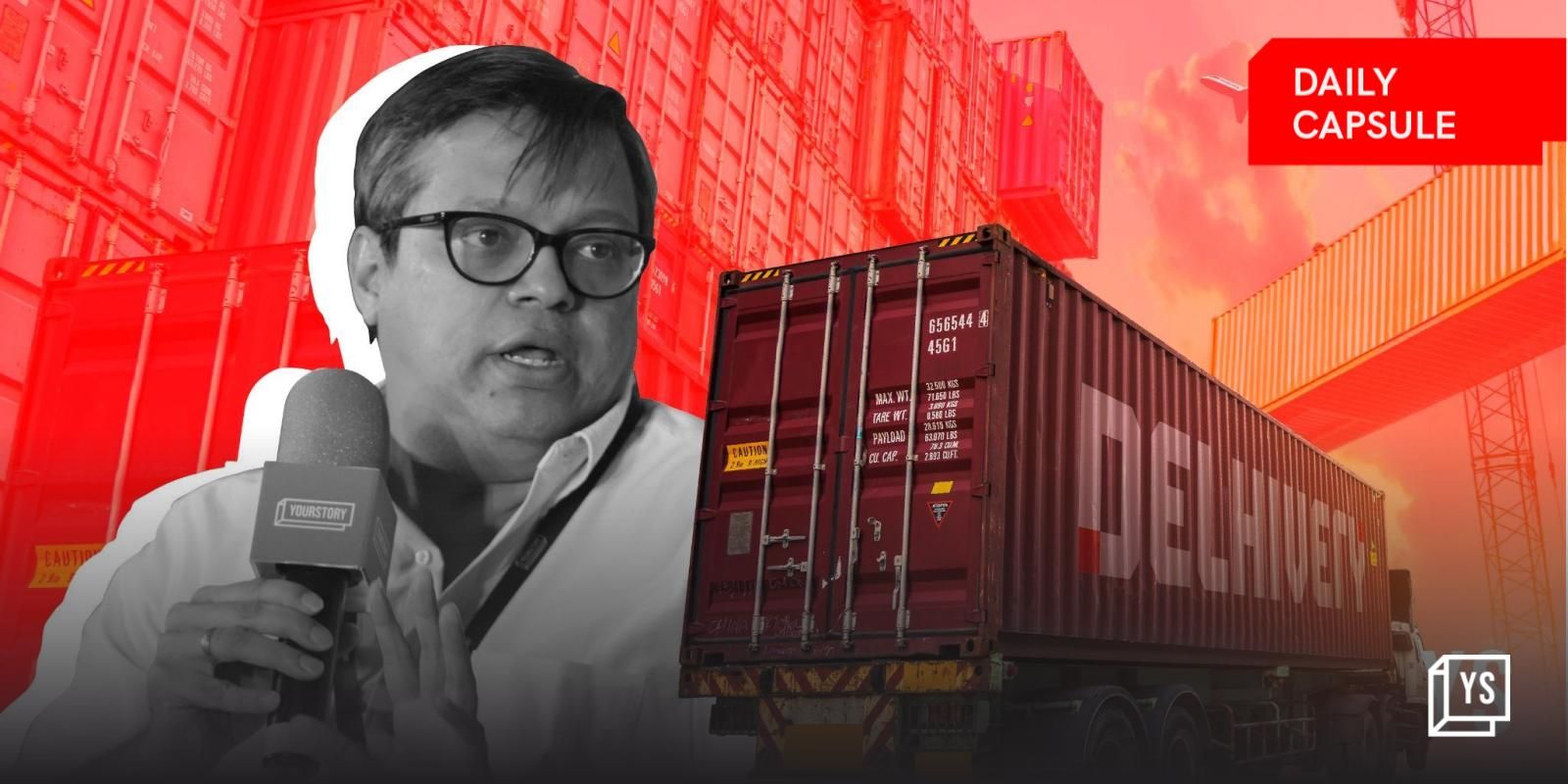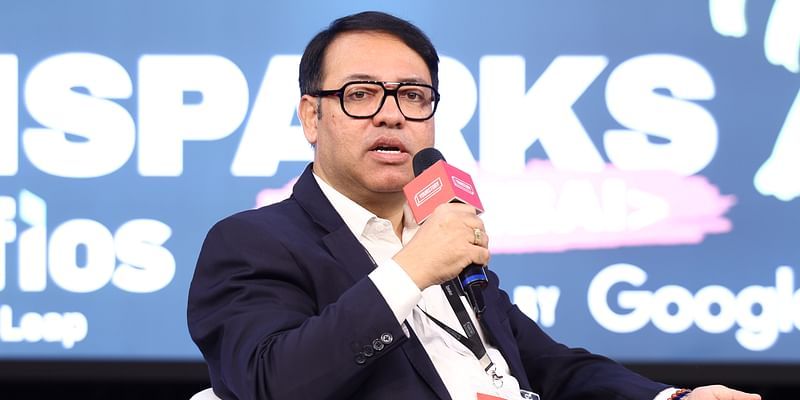This Noida startup is fighting pollution by providing biodiesel as an alternative
Started in October 2018, Noida-based Synergy Teletech is delivering indigenous 100 percent blended biofuel to consumers at their doorstep. The startup plans to start supplying the biodiesel, which can substitute regular diesel, in Noida, Ghaziabad, Bhiwadi, Sonipat, and New Delhi.
In India, industries continue to remain one of the major contributors to pollution. According to IBEF, India is the third largest fossil oil consumer in the world.
In the coming financial year, India’s oil consumption is estimated to touch 86 MMT. Out of this, 26 percent is estimated to be consumed by the non-transport industry such as power generation, agriculture, and mobile towers, according to Prasan Surana, Co-Founder, Synergy Teletech.
Looking at the rising pollution levels in India and across the world, and to promote the use of biofuels, Prasan (35) and Navneet Agarwal (39) started Synergy Teletech in 2018. The Noida-based startup is delivering indigenous 100 percent biofuel to its consumers at their doorstep.

Navneet Agarwal (left) and Prasan Surana.
Prasan says: “During my tenure with one of the leading oil companies, I realised this need gap and founded Synergy Teletech.”
“As of now, we don’t manufacture the biodiesel ourselves, but we have tied up with three manufacturing units who do it for us. In total, we can produce six lakh litres of biodiesel per day,” he adds.
So far, the startup claims to have delivered eight lakh litres of biodiesel. At present, it has operations in Faridabad and Gurugram, besides Noida and NCR.
The need for biofuels
According to reports, the pollution caused due to fossil fuels has taken a serious toll on people’s health. In 2015 alone, around 1.8 million deaths were reported due to rising pollution levels.
Realising the need, India has also started pushing for the use of renewable energies such as solar and wind energy. On this front, for instance, in 2018, India tested its first-ever biofuel-powered flight from Dehradun to Delhi.
Clearly, biodiesel can prove to be a game changer for our country. It is readily available and need not be extracted like fossil fuels from the earth or ocean floors. The fuel can also be easily manufactured using natural seeds like jatropa, sunflower, soyabean, and even from animal fats.
When compared to the conventional fossil fuels, biodiesel emits less carbon dioxide, has higher combustion efficiency, and is comparatively safer for humans to breathe. In addition, it is environmentally friendly, thanks to its lower sulphur and aromatic content. Unlike petrol or diesel, biodiesel is also biodegradable.
A green solution
The indigenous fuel is a distilled-grade advanced biodiesel made from a variety of feedstock such as tallow (animal fat), used cooking oil, acid oils, etc., and takes 48 hours to prepare the blend.
Prasan says the biodiesel can also be used in its pure form (B100) as a substitute to regular diesel in existing diesel engines. No modification is required for the engines to switch over from diesel to Synergy green diesel.
He adds: “It can also be used in conventional non-heavy-duty vehicles and non-transport uses, like generators and other applications as well.”

Burning of bio diesel (left) produces less fume when compared to conventional diesel (right)
When compared to the traditional diesel, the Synergy biodiesel fuel emits 80 percent less carbon emissions.
While a litre of diesel produces 132 grams of CO2 per kilometre, a litre of Synergy biodiesel will produce only 26.4 grams of CO2 per litre, says Prasan.
Besides helping the cities lower its pollutants in the air and reduce carbon emissions, the biodiesel is also cheaper when compared to conventional diesel.
Prasan says, “Our price depends upon the cost of conventional diesel, as we sell our biodiesel fuel for Rs 4 less including the 12 percent GST, than the conventional diesel. For instance, if diesel is at Rs 70 per litre, we will sell our product at Rs 66 per litre plus 12 percent GST. On the GST amount paid, a GST registered user can take Input Tax Credit benefit, so his net benefit is Rs 4.00 per litre. More discounts depend on the slab on which a customer is falling.
However, there were many challenges through their journey. Prasan says the current challenges are to get the support of the government, and to bring down the 12 percent GST slab to 5 percent, and OEM (Original Equipment Manufacturer) certificate.
Last-mile delivery
According to Prasan, the billing system is entirely automated and doesn’t need manual interference. For instance, if a customer needs a specific amount of fuel to be delivered, they will pay only for that volume.
Moreover, the mobile fuel delivery unit, a 5,000-litre capacity tank, is integrated with GPS through which "we can track the delivery and the amount of fuel being delivered".

The FillNow tanker
“Non-transport fuel consumers in India follow a traditional concept of purchasing fuel, where they buy fuel in barrels and jerry cans from petroleum retail outlets and transport them unreliably to consumption points. Hence it becomes difficult for an owner to ascertain the quality and quantity of fuel delivered in his absence,” says Prasan.
“We started our pilot project with our trademark brands in various areas, and after successful operations, we are now launching our fuel delivery service ‘FillNow’ in Noida and NCR,” says Prasan.
The delivery system also consists of a host of features such as auto receipt generation, instant alerts, geo fenced delivery, real-time data sync, and RFID (Radio Frequency Identification) based dispensation.
When asked about the consumers, Prasan says, “We don’t deliver below 200 litres, which means our consumers are only private industries.”
The team
Prasan is an oil industry veteran and has more than a decade’s experience in automation and on-site delivery of fuels. With a degree in civil engineering from NIT Silchar, Prasan was working as an assistant manager at Bharat Petroleum Corporation for around 4.5 years before staring Synergy Teletech.
Navneet Agarwal is a qualified chartered accountant, and has worked for more than 14 years in telecom, retail, and other sectors. He has experience in the field of financial planning, credit management, and policy review.
The road ahead
Now, after the successful trial of its biodiesel, Synergy Teletech is on route to delivering its product for B2B segments – MSMEs, hotels, RWAs, office complexes, construction sites, etc.
For further expansion and easy mobility, the startup has set up a storage depot in Faridabad. Very soon, it will start selling in Noida, Ghaziabad, Bhiwadi, Sonipat, and New Delhi.
It is also looking forward to expanding its reach in major industrial hubs of the country by installing its storage depots and deploying small automated delivery vehicles.
(Edited by Megha Reddy)













